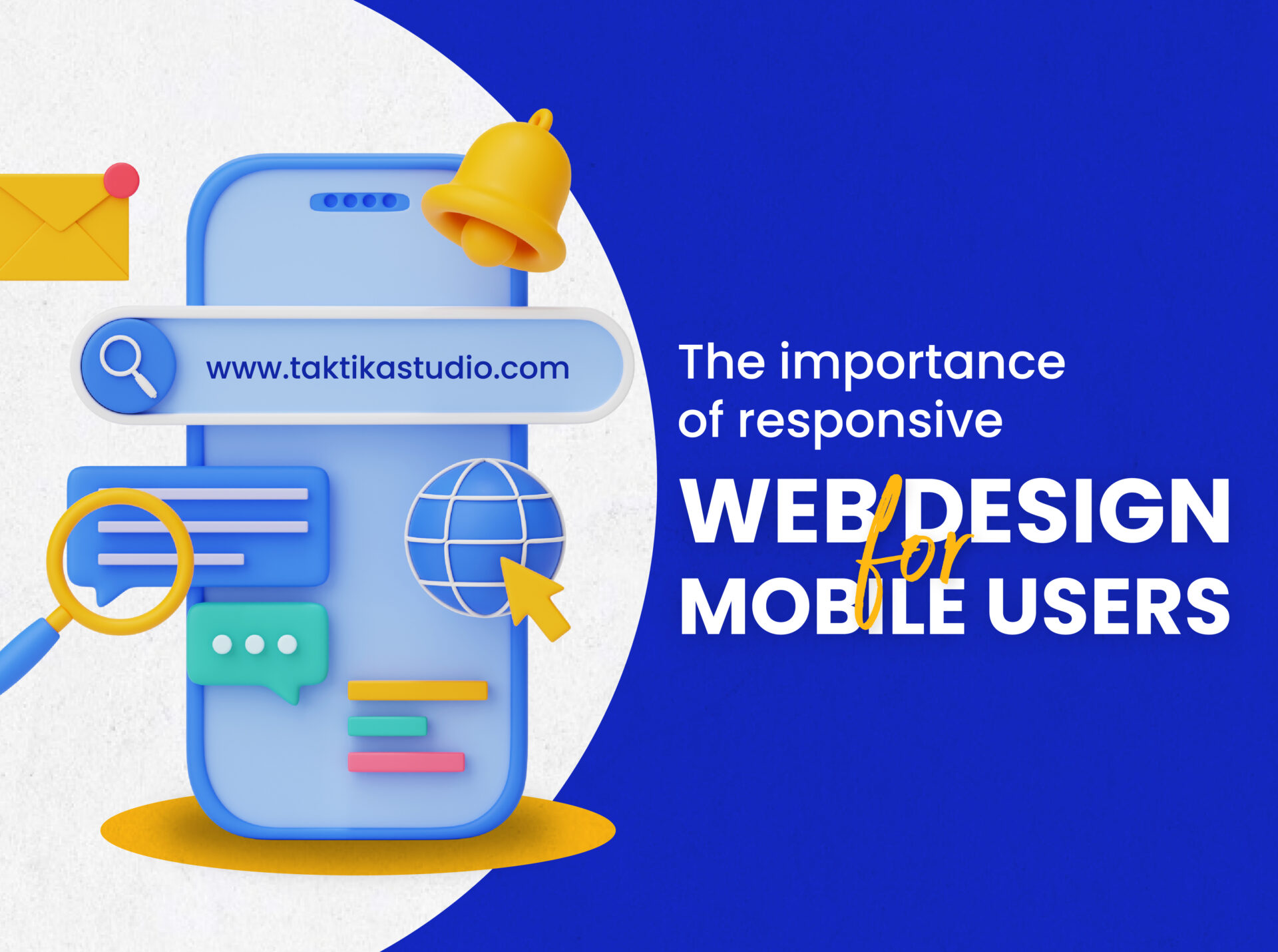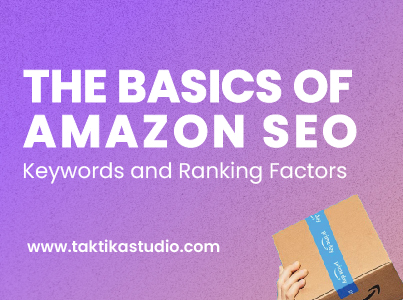SEO stands for “Search Engine Optimization” and is a set of procedures for improving the presentation and positioning of web pages in organic search results. The better the visibility of your pages in search results, the more likely you are to attract attention and draw potential and existing customers to your business.
A good SEO strategy is important to improve your website’s quality and quantity of traffic.
The components of SEO
We can break SEO into three core components or pillars that you need to be familiar with – and action regularly:
- Technical SEO
- On-page SEO
- Off-page SEO
Technical SEO
Technical SEO ensures that a website meets the technical requirements of modern search engines to improve organic rankings. Making a website faster, easier to crawl, and more understandable for search engines are the pillars of technical optimization.
Technical SEO is part of the whole SEO process.
On-page SEO
On-page SEO is the optimization of web page content for search engines and users. Standard on-page SEO practices include optimizing title tags, content, internal links, and URLs.
This is the opposite of off-page SEO, which refers to optimizing elements outside your website.
Off-page SEO
Off-page SEO refers to all SEO tactics that don’t involve updating or publishing content to your website. Instead, off-page SEO simply tells Google what others think about your site. For example, if you’ve got a lot of valuable links pointing to your pages, search engines will assume that you’ve got great content that provides value for users.
Every day, off-page SEO actions include building backlinks, encouraging branded searches, and increasing engagement and shares on social media.
Best tips for SEO
Build a Well-Designed Website
A well-designed website can help you form a good impression on your prospective customers. It can also help you nurture your leads and get more conversions. But, more importantly, it provides a good user experience and helps your website visitors access and navigate your website with ease.
Google has a helpful sitemap generator (opens in a new window). Bing does, too (opens in a new window). Your website should contain a sitemap to have a higher chance to appear in Google search results.
Focus on a Specific Topic
Specificity is also critical. Search engines want to show users the most reliable and correct results. So, if you are an expert on a particular topic you want to research, the content of your website should reflect that.
Choose relevant keywords
Keywords are important because they tell search engines about the content of your website’s pages. “Keyword” is also a term that refers to the words and phrases people type into a search engine to find the information they are looking for.
Keywords help you as a website owner to:
- Identify and speak the language of the target market
- Create useful content for your target audience
- Communicate to Google that a webpage is a relevant match for a query
- Improve search engine rankings by helping Google understand what the webpage content is about
- Get content in front of the right people at the right time
- Drive more qualified traffic to appropriate webpages
- Increase time on site by directing more qualified traffic to webpages
- Increase conversions by helping consumers find you rather than your competitors
Keyword research is integral to successful SEO and something we should do on an ongoing basis.
Create Quality Content
In the case of content marketing, “quality” can be described by two critical definitions:
For Google (and most search engines), high-quality content gives searchers what they are looking for; it delivers the value that someone intends to find quickly and efficiently when they enter their search query.
This is how you create quality content:
- Write for your readers
- Make your content readable and engaging
- Think about search intent and your goal
- Be trustworthy
- Keep your content up to date, etc
Optimize Your Images
Large images slow down your web pages, resulting in a less than optimal user experience. Optimizing images involves reducing their file size using a plugin or script, reducing page load time. Lossy and lossless compression are two standard methods.
Below are the reasons why you should optimize your images:
- It will improve your page loading speed
- Combined with a great SEO WordPress plugin it improves your SEO
- Creating backups will be faster
- Smaller image file sizes use less bandwidth. Networks and browsers will appreciate this, etc
Master Internal Linking
When other websites link to your website, it gains authority in search engines, especially if the external pages are trustworthy and well-known. Backlinks are what they are called, and you don’t have much control over them. Do your best and hope for the best.





